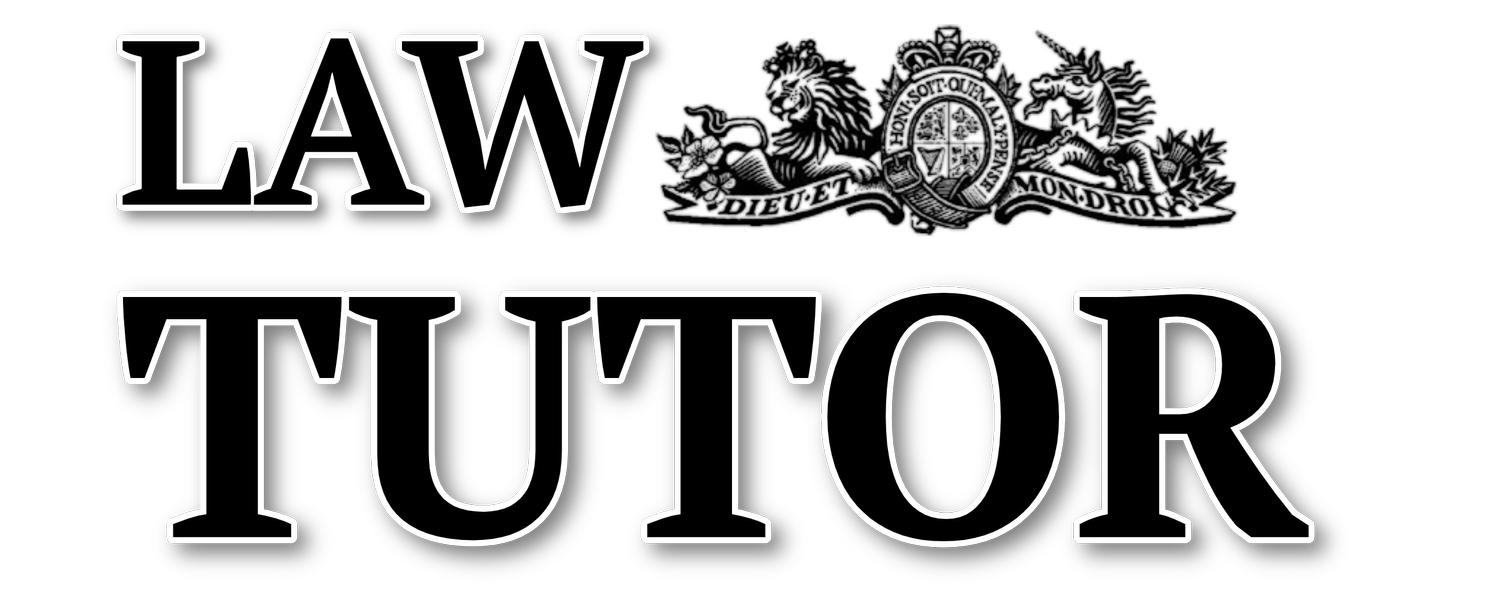Transfer Under TUPE Regulations
When do the TUPE Regulations apply?
In general, TUPE is only applicable in circumstances where an organisation or a portion of an organisation maintains its identity after being transferred. In the event that it does not, there will be no transfer as the rules had envisioned. Confusion has been produced in the past when changing contractors for labor-intensive operations, although TUPE is often applicable in these kinds of circumstances.
A relevant transfer
The TUPE Regulations apply if there is a ‘relevant transfer’. There are two forms of relevant transfer defined in Regs. 3(1)-(3) of the TUPE Regulations as follows:
A transfer of a business, undertaking or part of a business or undertaking where there is a transfer of an economic entity that retains its identity (a business transfer) (as set out in Reg. 3(1)(a)).
A client engaging a contractor to carry out a service on its behalf, reassigning such a contract or bringing the work ‘in-house’ (a service provision change) (as set out in Reg. 3(1)(b)).
Where there is no change in the identity of the employer, the employees' contracts of employment are continued. Therefore, where ownership of the share capital of a company changes hands as a result of a disposal of shares, there is no change in the identity of the employer. In other words, all rights, duties and liabilities in connection with the employees' contracts of employment remain with the company after the share purchase.
Business transfer
Under Reg. 3(1)(a), the TUPE Regulations apply where there has been:
“a transfer of an undertaking, business or part of an undertaking or business situated immediately before the transfer in the United Kingdom to another person where there is a transfer of an economic entity which retains its identity.”
This test raises two questions, namely:
Is there an economic entity?
Has the economic entity been transferred (i.e. has it retained its identity)?

